Raw Vegetables may be all right when not cooked, but with these veggies, there’s reason to take a step or two back. With the potential to wreak havoc on one’s stomach, harbor dangerous compounds, some vegetables are definitely better for the health if they are first cooked before enjoying. Here’s a look at 20 kinds of vegetables that surely deserve some culinary attention.
Potatoes

Everything else may be true about potatoes, but one thing stands—in raw form, they’re just plain bad. These starchy, bitter seeds are filled with solanine, a natural toxin that’ll cause stomach upset and can lead to toxicity in extreme cases. Additionally, green patches or sprouted potatoes should raise red flags against consumption due to high levels of solanine. Once you cook that potato, you’ve neutralized those compounds and turned them into something versatile indeed. Think creamy mashed potatoes or crispy fries, for instance. But never raw!
Eggplants
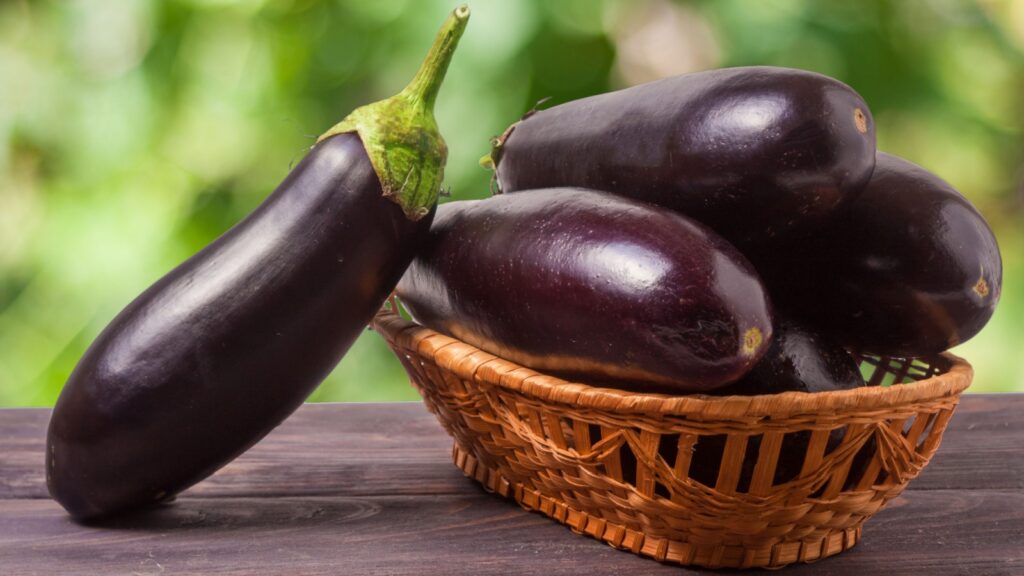
Also called aubergines, eggplants are beautiful on the outside, but they may not have the same flavor when eaten raw. Raw forms of these vegetables are responsible for nausea and headaches due to the solanine that pillages inside. Cooking gets the rich creamy texture and mellow flavor to shine. Grill, roast, or sauté them, and they shine as the star in dishes like ratatouille or baba ganoush.
Rhubarb Leaves

When thinking of rhubarb stalks, pie may come to mind, but the leaves of this vegetable are toxic. They’re pretty dangerous since they’re rich in oxalic acid. Actually, rhubarb stalks also like being cooked to get some tartness out of them. Bake, boil, or stew rhubarb to safely enjoy its tangy essence.
Spinach
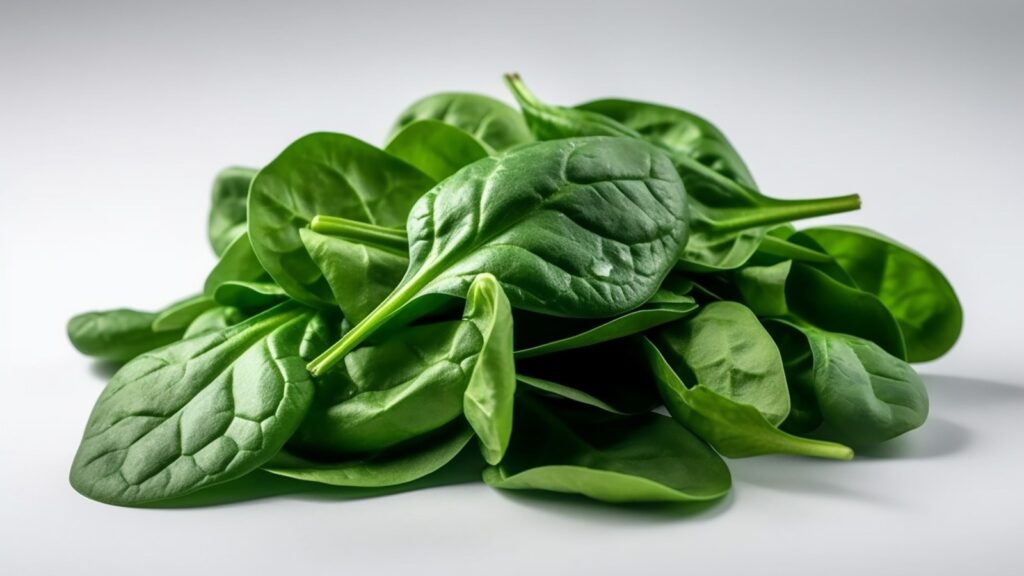
Spinach may be rich in nutrients but, when eaten in large quantities in its raw form, may inhibit calcium absorption because of high oxalate content. Thus, in some instances, this may contribute to the formation of kidney stones. Shoving it onto the fire or simply light steaming diminishes its oxalic acid, thereby making it a superfood again without compromising digestion.
Kidney Beans

Kidney beans are a health hazard in their raw form. They contain lectins, which can induce extreme nausea, vomiting, and diarrhea. Even a tiny amount is deemed unsafe. Soaking and cooking these legumes appropriately neutralizes the lectins, thus rendering them both safe and tasty.
Brussels Sprouts
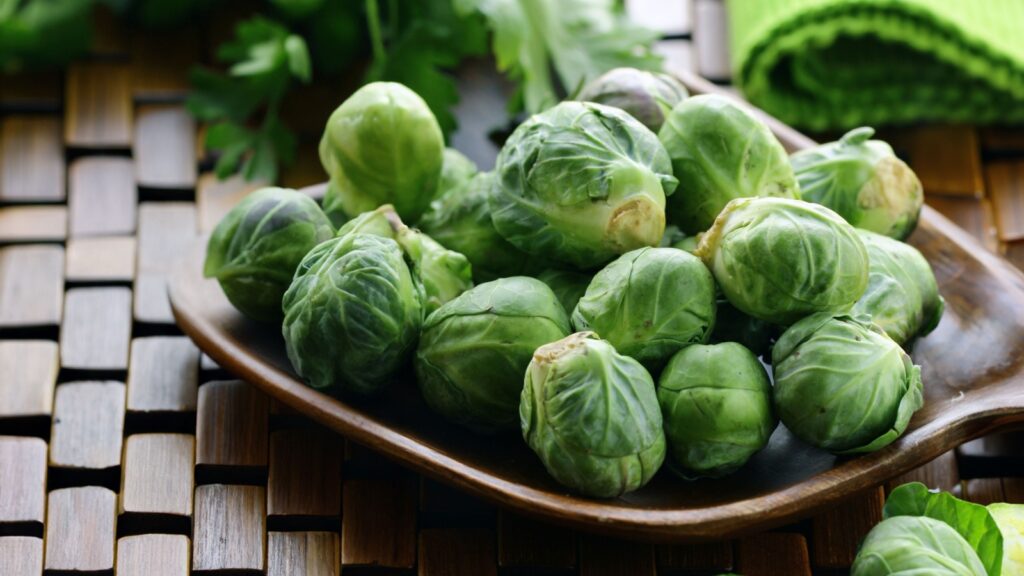
While Brussels sprouts divide opinions, they are nevertheless a nightmare on digestion when eaten raw, they’re tough on digestion and contain goitrogens, which can interfere with thyroid function. Roasting or steaming brings out the nutty, sweet flavor of these tiny cabbages. A drizzle of balsamic glaze on top makes them hard to resist.
Sweet Potatoes
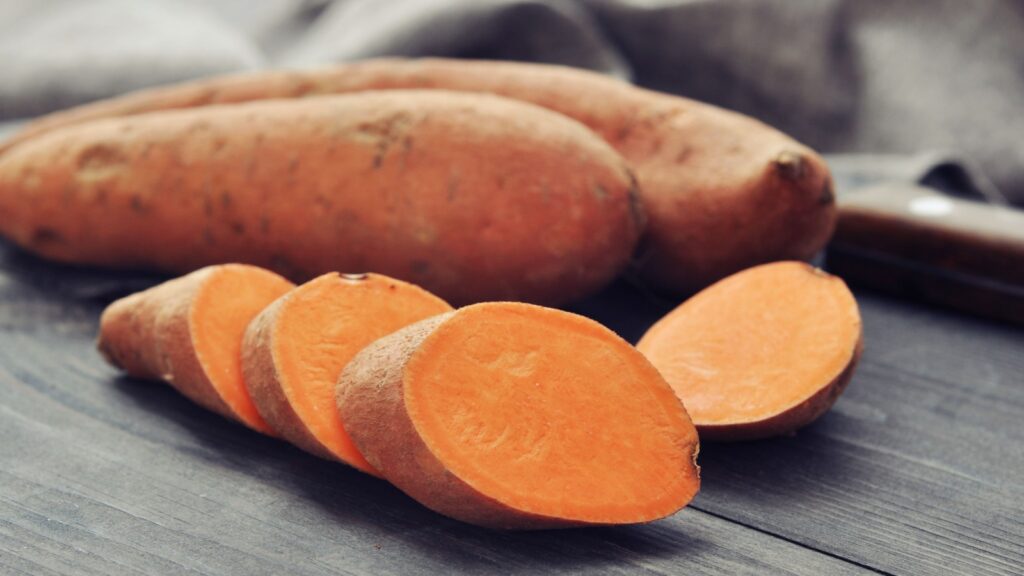
Although sweet potatoes might seem harmless, their raw form is a bit hard to digest and contains trypsin inhibitors that may act against the absorption of proteins. Cooking enhances their natural sweetness, as well as the ease of digesting them, whether roasted, baked, or mashed.
Cassava
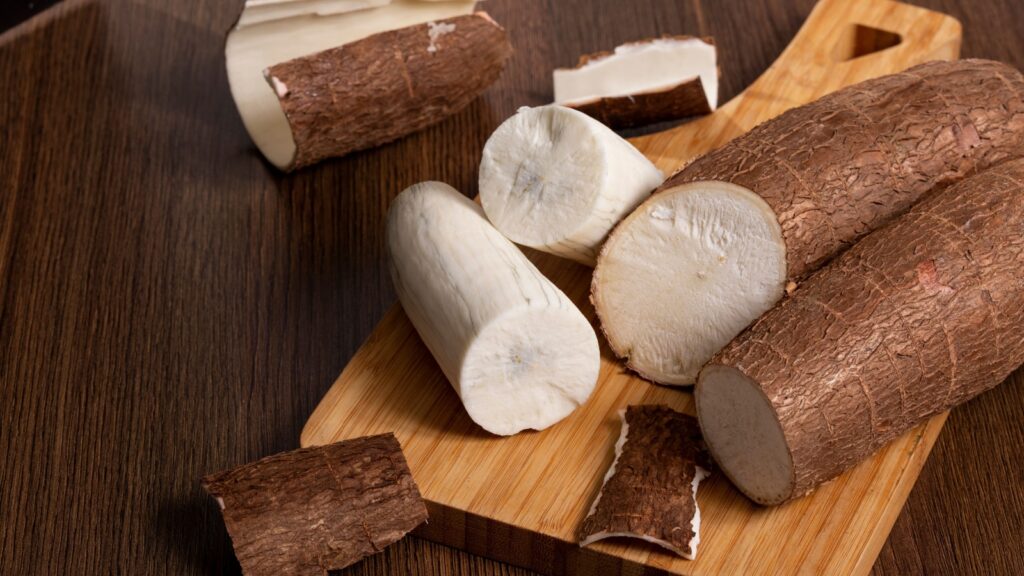
Typical comforting treats! Cassava is a tropical staple that is toxic when tasted raw. The cyanogenic glycosides in its structure could release cyanide, a deadly substance. Boiling or baking effectively neutralizes these toxins, and this is where cassava is developed into a safe starchy ingredient to be used in dishes like tapioca and fufu.
Asparagus
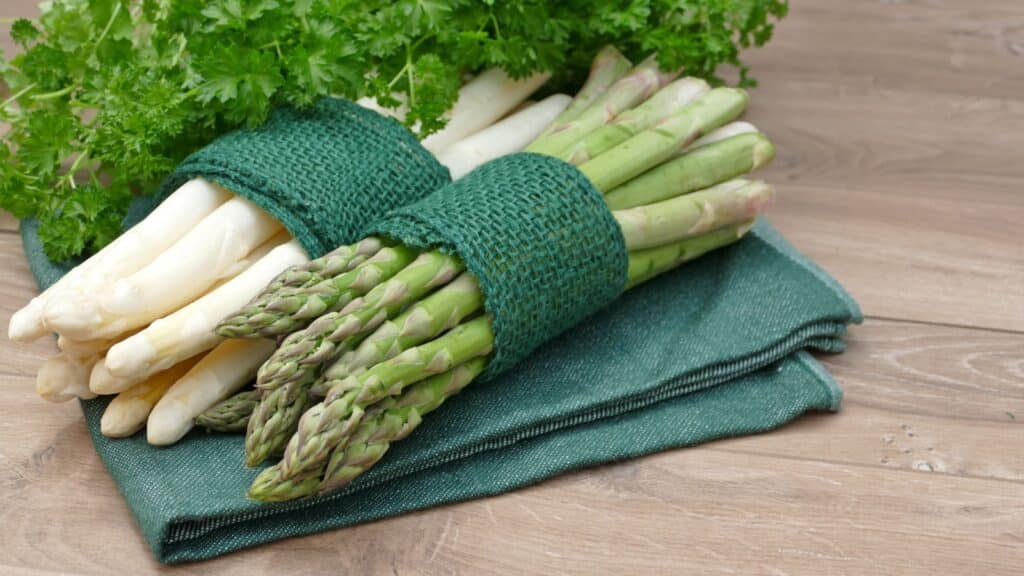
Asparagus Raw asparagus can be stringy and tough, making it difficult to digest because of its fibrous structure. Cooking makes it tender, sweet, and delectable. Roasting or steaming really brings out its natural sweetness, and a drizzling of olive oil with a sprinkle of sea salt makes it simple yet very elegant as a side dish.
Broccoli
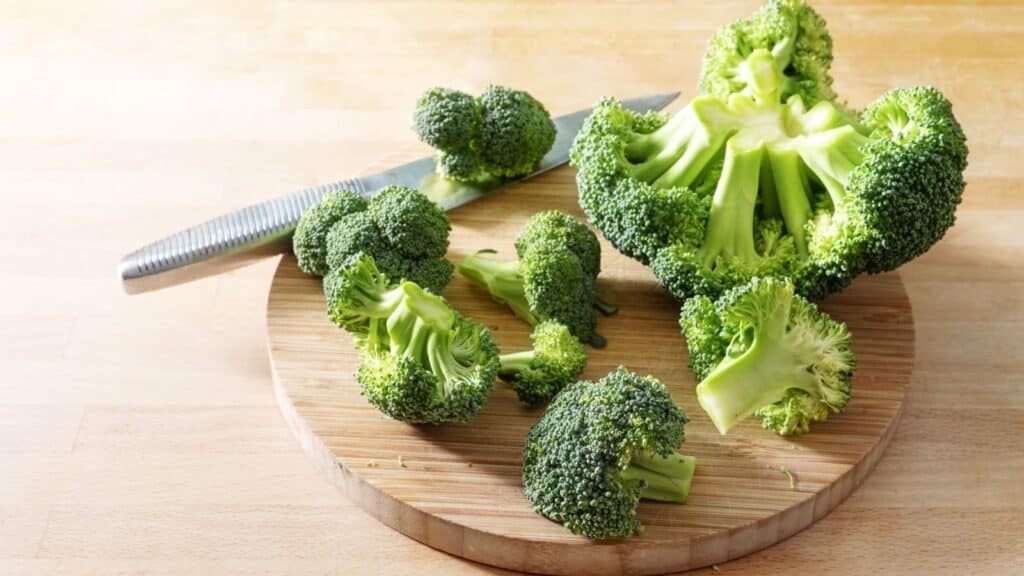
Chances are if you eat raw broccoli, you’d find it hard to digest, thanks to its high fiber content and complex sugars which often lead to bloating. Steaming or roasting will basically save you from the indigestion while allowing you to attain both the texture and the essence of that superfood. A pinch of lemon zest or a bit of garlic for a tasty flavor boost.
Cauliflower
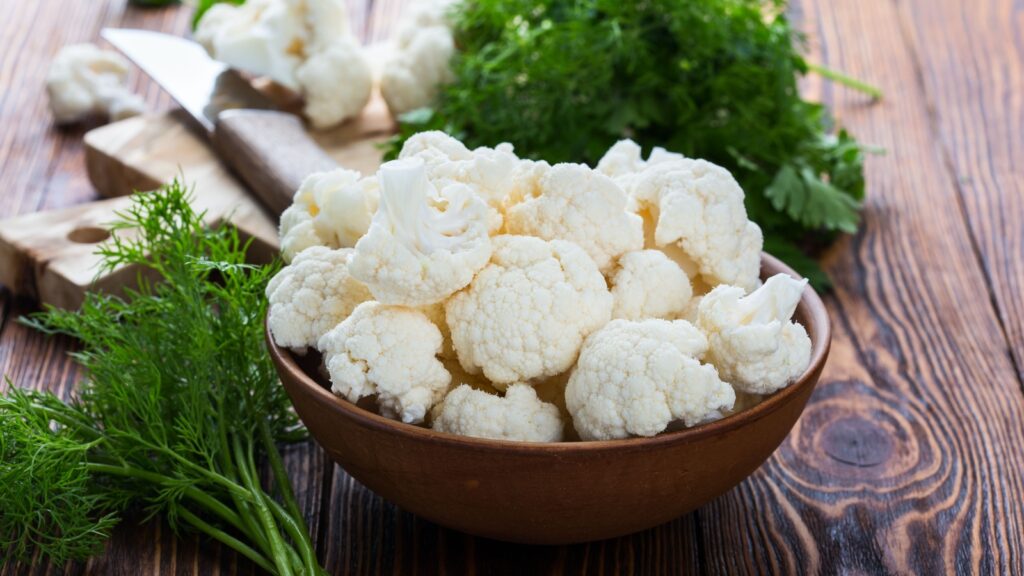
Like broccoli, raw cauliflower has some complex sugars in it too, which could lead to bloating. Softening the texture through cooking enhances that nutty flavor. Roasting with spices is a delicious alternative that’s far easier on the belly.
Artichokes
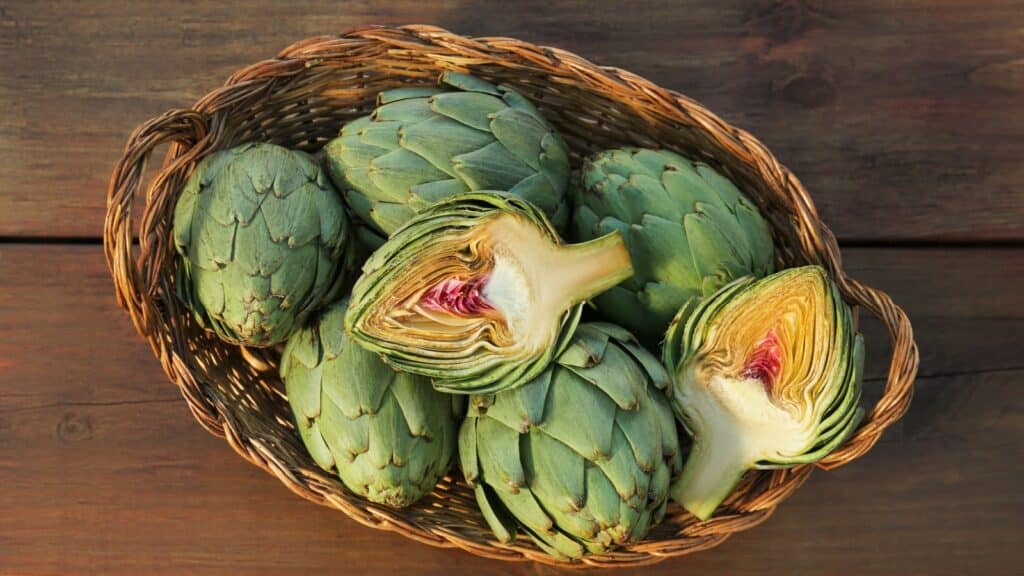
Raw artichokes are practically inedible with tough leaves and fibrous hearts. Cooking softens them right up, and they can be flavored into pure magic. Steaming or boiling are the best options for duplicates resembling the taste: a garlic butter or aioli dip takes their flavor to a whole new level.
Green Beans
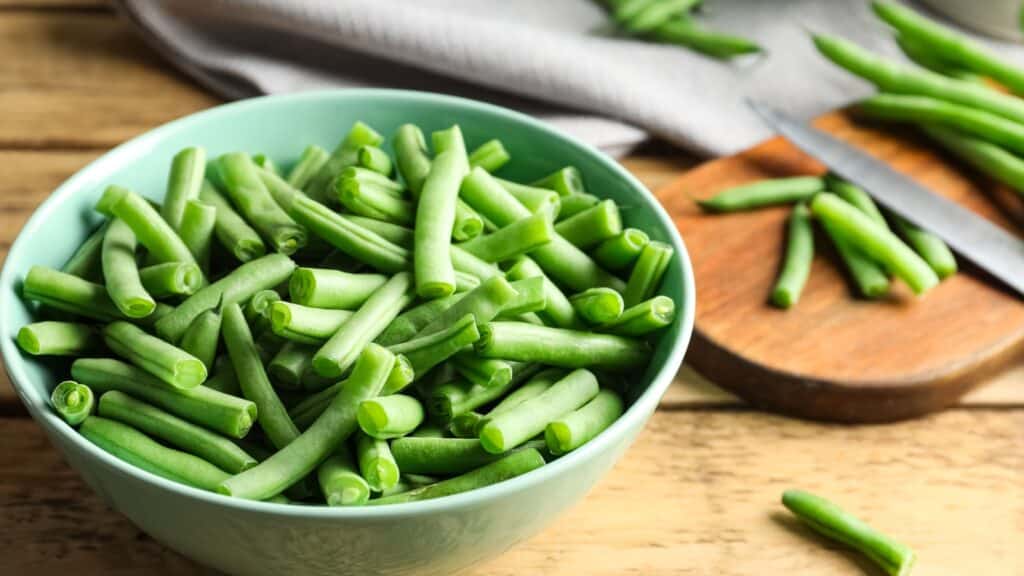
Fresh green beans have lectins in their raw form, which may irritate the stomach; cooking inhibits these compounds and makes fresh green beans sweeter. A simple side could be green beans sautéed in garlic and butter.
Kale
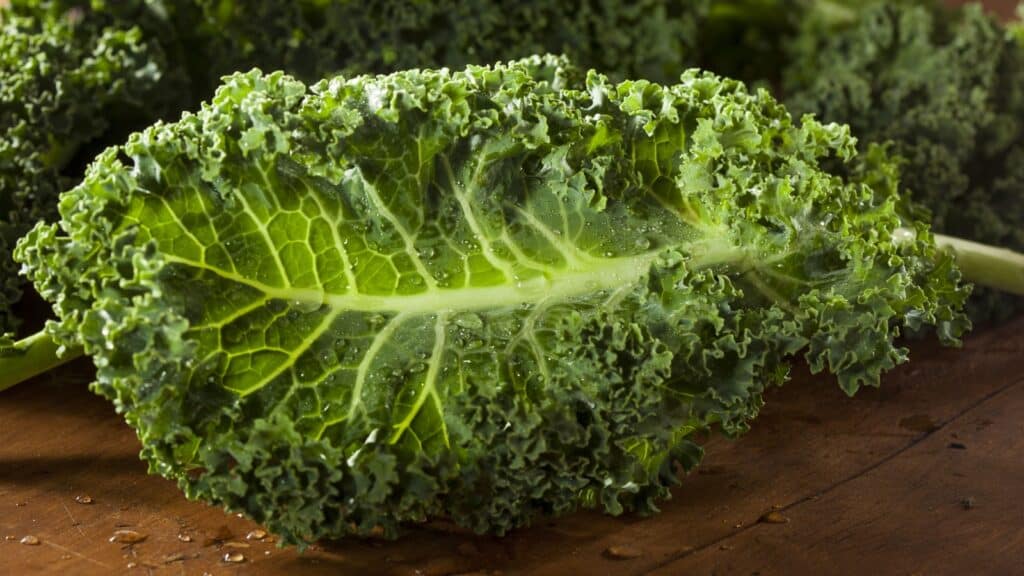
Kale is such a wonder food nutritionally, but raw can create problems for the gut. The fibrous leaves and goitrogens can cause bloating and an inflamed thyroid. Cooking kale makes it softer on the inside and takes away a lot of the bitterness. Best cooked, sautéed in olive oil, and a dash of lemon for a deliciously healthy option.
Zucchini

The bitter and indigestible properties of zucchini come from compounds called cucurbitacins. Cooking softens the texture and enhances the taste. Grill, roast, or sauté zucchini; the possibilities are endless.
Cabbage
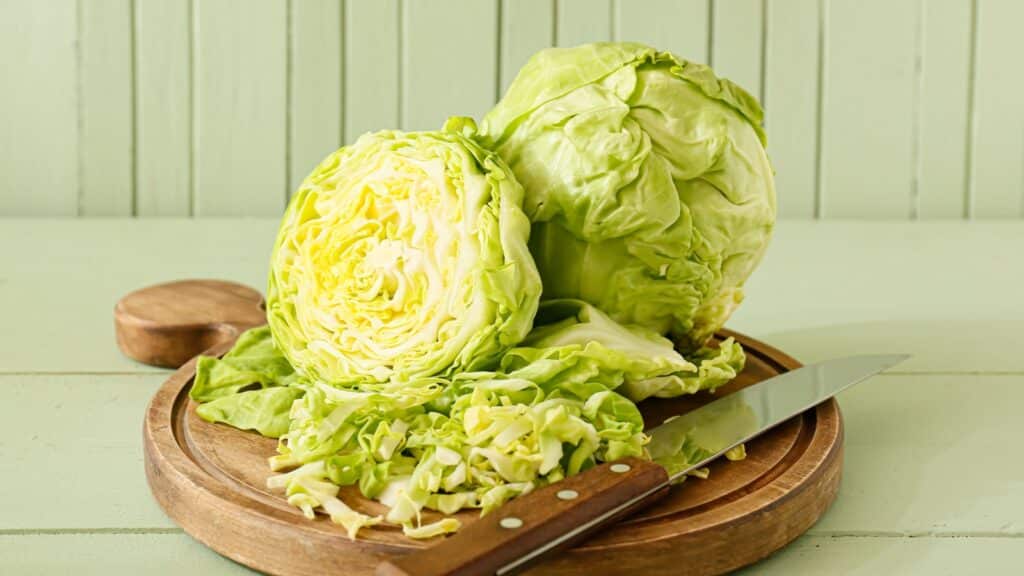
Raw cabbage is a notorious gas producer, and in addition to its high fiber, cabbages have complex sugars that lead to bloating. Cooking cabbage makes it more digestible and brings out its natural sweetness. Consider sautéed cabbage or stuffed cabbage rolls for a comforting dish.
Beets
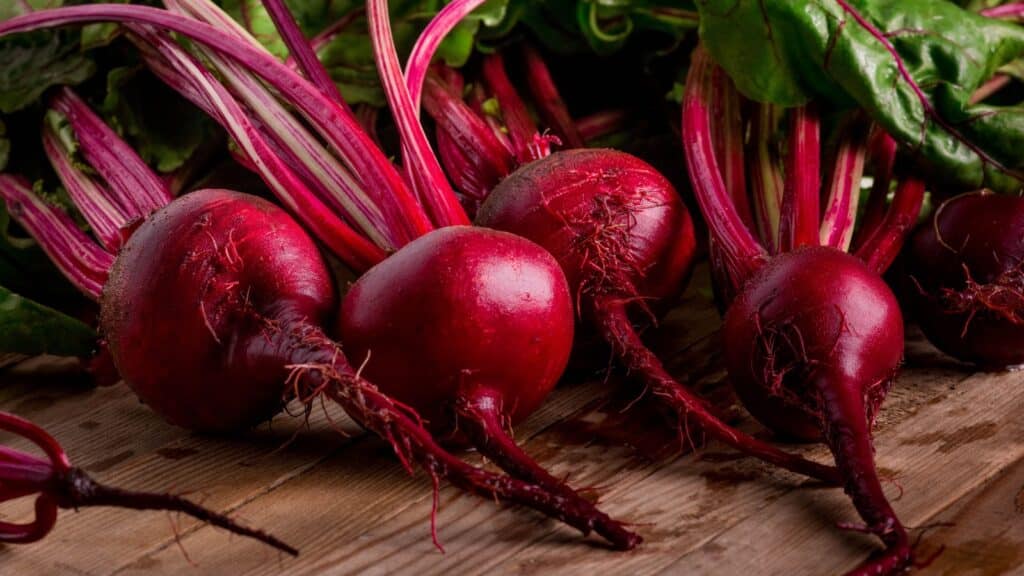
Beets While raw beets are more nutritious, they are really hard on the digestive system. Cooking beets makes them soft in texture and enhances their earthy sweetness. Roast or boil these bright beauties as a happy addition to salads or side dishes.
Parsnips
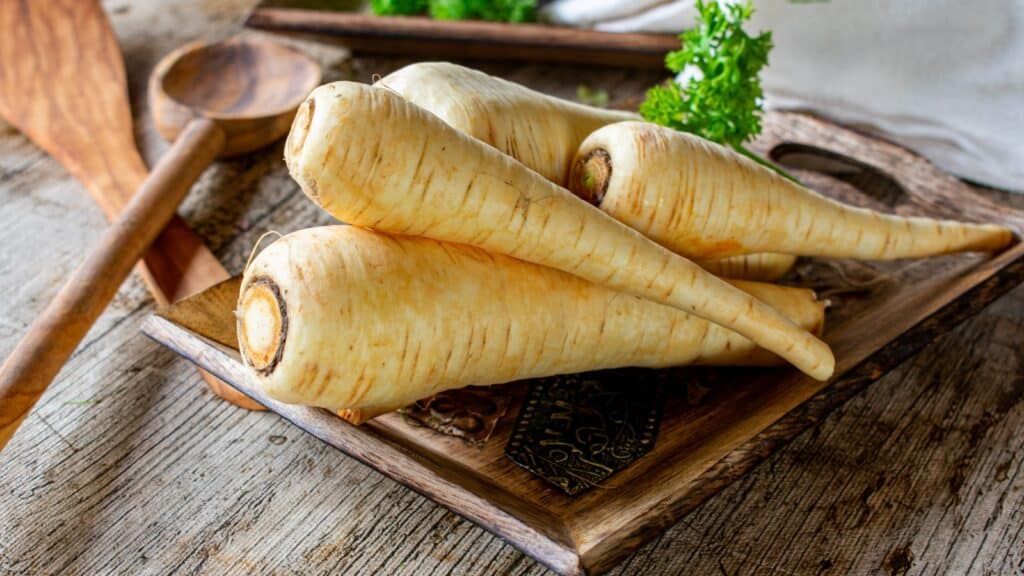
Parsnips The starchy-like raw parsnips are really hard to digest. Roasting unlocks the sweet and nutty flavor after caramelization of the natural sugars. Tender and sweetened roasted parsnips with a drizzle of honey or maple syrup make a simple yet irresistible side dish in winter.
Fiddlehead Ferns
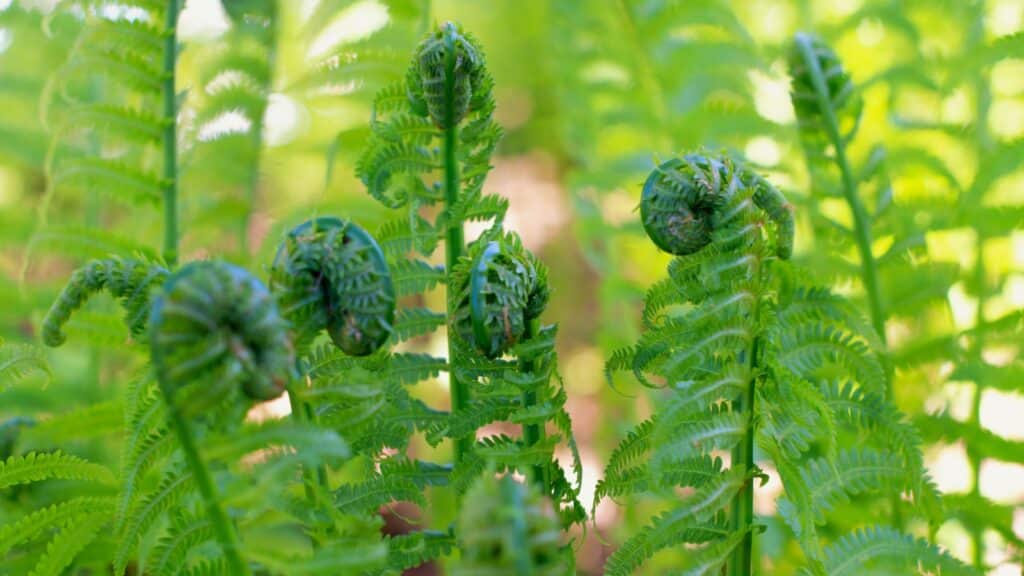
Fiddlehead ferns are a springtime delicacy, but raw, they’re a foraged fiasco. They contain toxins that can cause nausea and vomiting if not cooked properly. Boil or steam fiddleheads to neutralize these compounds and enjoy their unique, nutty flavor.
Unhealthy Snacks You Should Minimize From Your Diet

Think protein, fiber, and nutrients. Unhealthy snacks, however, result in diet wreckers that make you more hungry than a bear after hibernation. So, ready for some truth bombs?
Unhealthy Snacks You Should Minimize From Your Diet
Breakfasts From Around the World. Which One Have You Tried?

From India’s spiced delights to Brazil’s fruity creations, these breakfasts will surely add some international flair to your mornings. So grab your fork (or chopsticks!) and dive in.
Breakfasts From Around the World. Which One Have You Tried?

